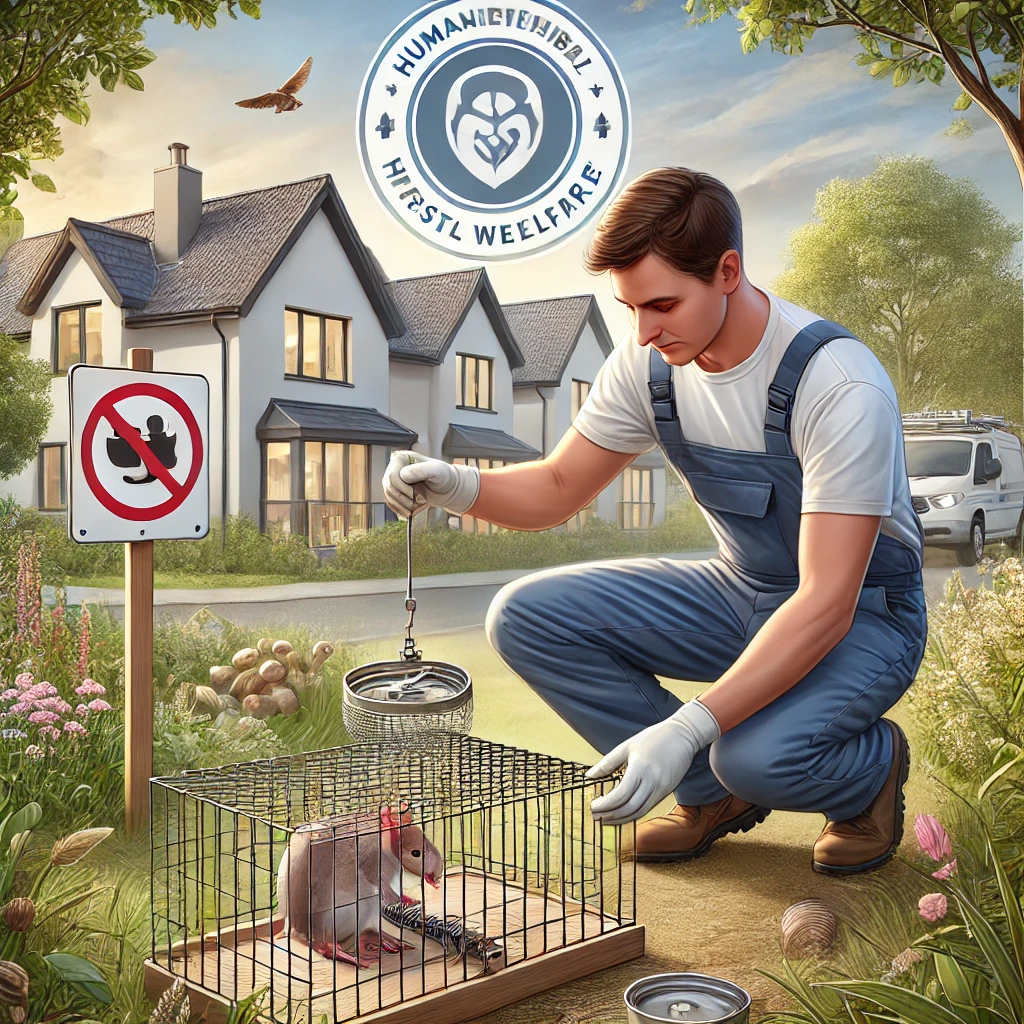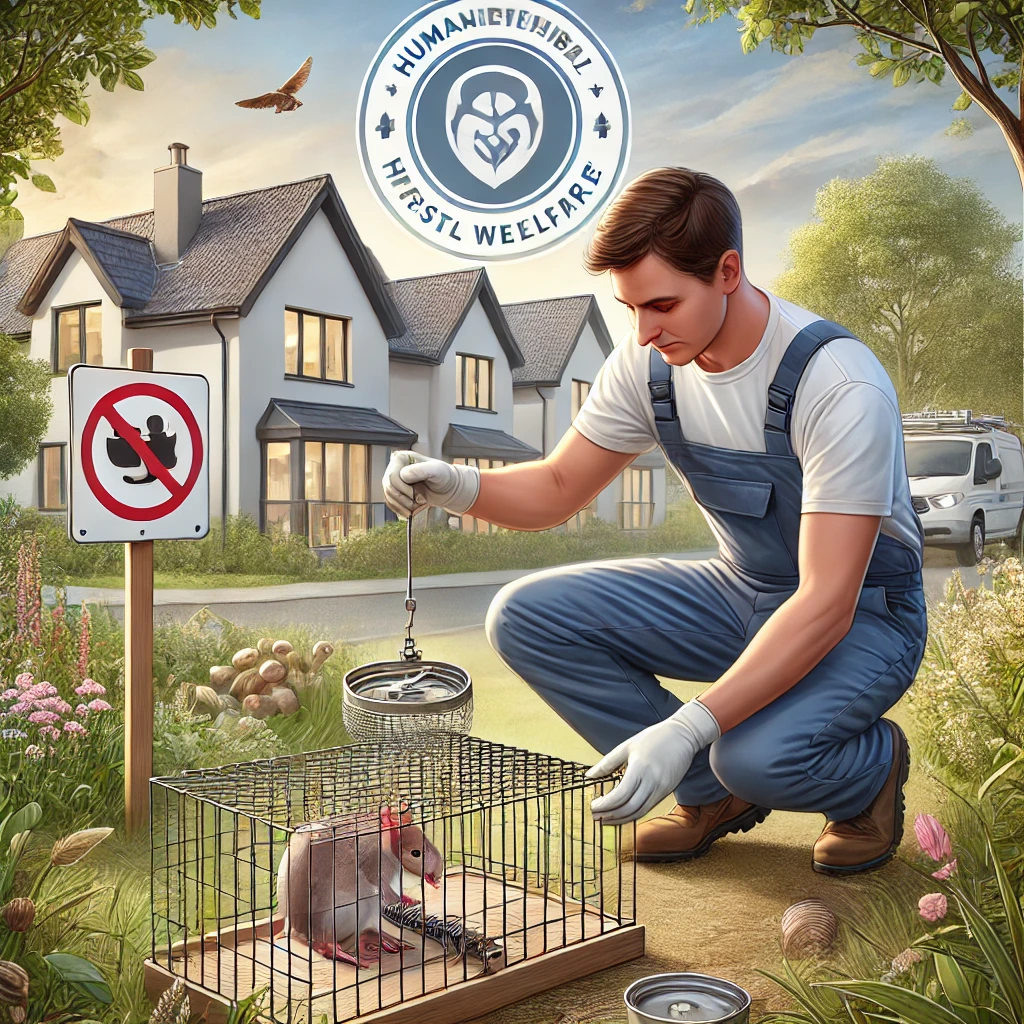
Introduction
Ethical considerations in pest control are crucial for balancing human and animal welfare. Modern pest control methods must ensure safety and efficiency while minimizing harm to non-target species. Ethical pest control addresses both environmental and humane aspects, striving for solutions that are effective yet considerate of all living beings.
Humane Treatment of Animals
In pest control, humane treatment of animals is paramount. Methods should aim to reduce suffering and avoid unnecessary harm to non-target species. Utilizing non-lethal traps and exclusion techniques aligns with humane principles, ensuring that pest control actions do not cause undue distress to wildlife.
Environmental Impact
The environmental impact of pest control practices must be carefully evaluated. Chemical pesticides can have harmful effects on ecosystems, contaminating soil and water. Integrated Pest Management (IPM) strategies focus on reducing chemical usage and promoting environmentally friendly alternatives, such as biological controls and habitat manipulation.
Balancing Human Needs
While addressing pest issues, human health and safety remain top priorities. Effective pest control prevents disease transmission and property damage. However, ethical pest control practices must balance these needs with considerations for animal welfare and environmental protection, ensuring that human benefits do not come at the expense of other living beings.
Regulations and Standards
Regulatory frameworks play a critical role in ensuring ethical pest control practices. Standards and guidelines set by organizations and governments help regulate pesticide usage and pest management strategies. Adhering to these regulations ensures that pest control methods are not only effective but also ethical and responsible.
Conclusion
Ethical considerations in pest control require a careful balance between human and animal welfare. By adopting humane methods, minimizing environmental impact, and adhering to regulations, pest control practices can be conducted in a way that respects all forms of life. Striving for ethical solutions benefits both humans and the broader ecosystem.

